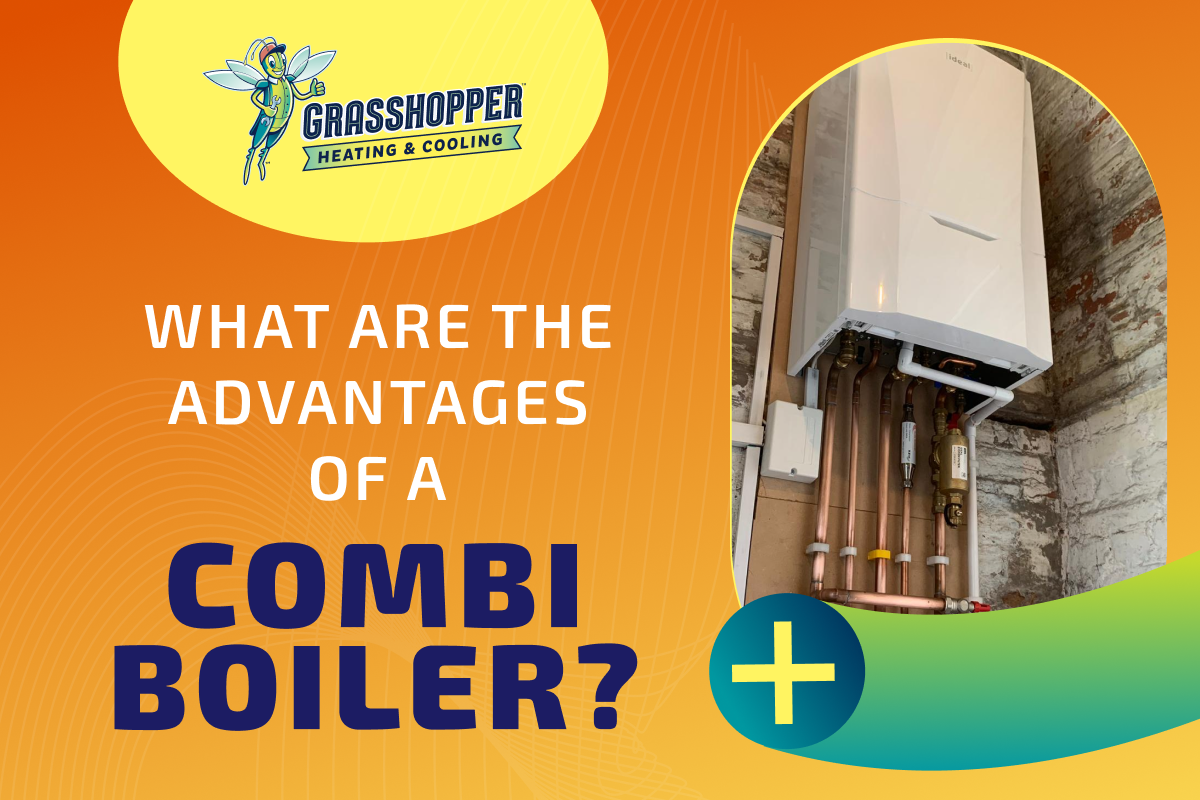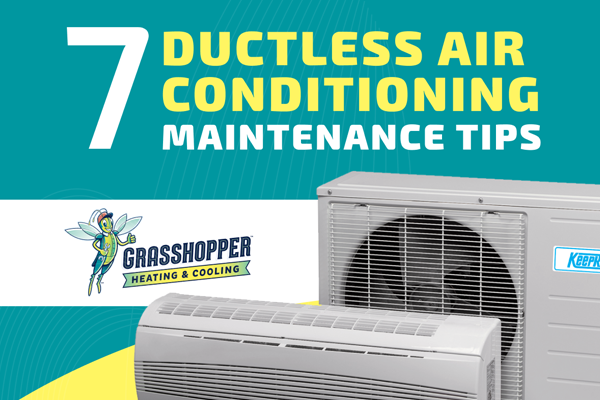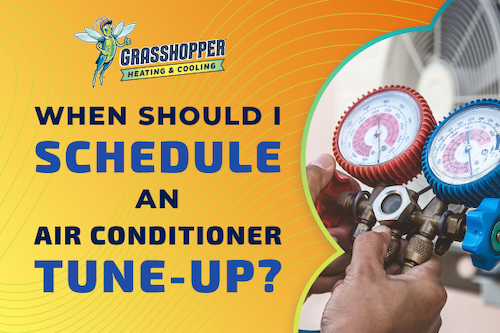How Do I Find Home Air Quality Testing Near Me?
We inhale a lungful of air every few seconds. But most of us don’t realize how many contaminants affect indoor air quality (IAQ) at home. These include mold, cigarette smoke, volatile organic compounds, chemicals from cleaning products, asbestos, radon, and others you may not know are present. Many of these can have long-term impacts on your family’s health. But a trusted home air quality testing provider near you can identify pollutants and ways to keep them out.
Here are some tips for finding a trustworthy IAQ testing company in the Clifton Park area:
Know What Questions to Ask
Finding the right contractor requires getting the answers you need. Every homeowner’s needs are different, which is why the following inquiries will help you decide if you’ve found a suitable IAQ testing provider:
- What types of IAQ testing methods do you use?
- How long will it take to receive the test results?
- Are samples tested in an in-house or outside lab?
- How long will decontaminating my home take?
- When can I safely return to my home?
- Do the chemicals you use harm people or pets?
- How do you structure payments?
- Do you offer a money-back guarantee?
Check the Provider’s Certification
A company you hire for home air quality testing near you must be properly certified. The U.S. Environmental Protection Agency (EPA) certifies IAQ testers. Businesses and contractors must demonstrate extensive knowledge and skills to pass the EPA test. Grasshopper Heating & Cooling is EPA-certified to provide home air quality services. Always look for national certifications and consider the types of testing or decontamination you need—some types of service require specific authorizations.
Also, check whether the provider is rated or recommended by a well-known organization. The Better Business Bureau rates companies based on their quality standards and consumer feedback. You can search for a company on the web to see if anyone has filed formal complaints or recent lawsuits against it.
Make Sure the Company Has Insurance
Things can go wrong during air quality testing and decontamination. If a worker causes damage or is injured when performing an IAQ test or cleaning procedure, insurance will cover any costs. Otherwise, the business or you may be liable to pay for damages.
Being insured is a sign the company is properly qualified and equipped. It should also understand how homeowner’s or renter’s insurance claims work. Home air quality inspections and other services may be covered, depending on your policy. The provider should communicate with the insurance company and file any paperwork involved in covering the service.
Verify It Promotes Health and Safety Standards
The Occupational Safety and Health Administration doesn’t have IAQ standards. But it does regulate ventilation, certain air contaminants, and the use of personal protective equipment (PPE). Businesses are also required to provide cleaning and sanitization services as needed, especially when using potentially toxic chemicals and treatments that can leave behind residue.
Beware of Shady Tactics
Home air quality testing is a highly specialized service. But not every company that says it does IAQ testing is trustworthy. Avoid any business that:
- Recommends Pre-Testing: Advanced methods such as infrared technology are often expensive and unnecessary. The company should provide details on the equipment it uses; if not, it could be overcharging you using hi-tech devices it doesn’t need.
- Upsells Preventative or Recommended Treatments: It’s best to get a second opinion if you’re not sure about a contractor’s motives. Indeed, some fish for expensive projects when there aren’t any to be found.
- Quotes an Unreasonably Low Price: You may want to spend less on home air quality testing near you. But an unreasonably low-price quote is a red flag. If one provider’s quote is dramatically less than others, its testing methods and staff training probably aren’t up to par.
Call Grasshopper for Home Air Quality Testing Near Clifton Park, NY
Household cleaning chemicals, paints, varnishes, carpet fumes, radon, biological pollutants, and other contaminants may create IAQ issues in your home. Grasshopper is trusted for home air quality testing in the Albany area and is A+ rated by the Better Business Bureau. Call (518) 252-7939 or schedule service online to request an air quality assessment.









